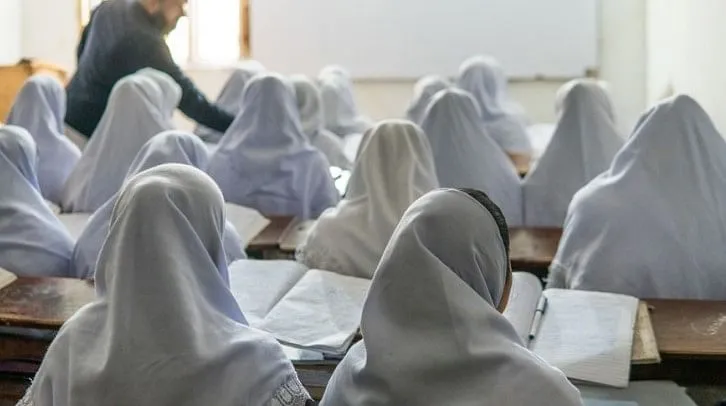The role and responsibility of public school teachers is being debated in social, political, administrative and media circles. It is brazen reality that public school teachers are projected as nearer to church but farther from God. On one hand they are being sermonised to work for the betterment of educational standards but, on the other hand they are being administered and pressurised to perform non-academic assignments as census supervisors, presiding/polling officers, lockdown/law and order magistrates, booth level officers and economic surveyors.
Responding rationally to declining enrolment of public schools, teachers have meaningfully engaged themselves in organising enrolment drives and admission melas. As important, and prime stakeholders of department of school education, teachers have judiciously exploited all the genuine slogans of free textbooks, free uniforms, free admissions and free mid-day meals, to attract more than thirty thousand new admissions. These enrolment drives are being discretionally analysed, interpreted and then projected on plethora of social networking and media platforms. Instead of adoring and admiring the role of school teachers for enhancing school enrolment, the enrolment drives have been comprehended and reflected in different connotations to distract the attentions of common masses from the desired outcomes, fetched out of the process.
Enrolment drive is a mass outreach programme for universalization of elementary education, to ensure that no student is left out or deprived of free, compulsory and quality education, as enshrined in RTE-Act, which is applicable to JKUT. Enrolment drive is a well-planned exercise to generate public awareness about the initiatives and incentives launched by the department for universal enrolment of students. It has, to the satisfactory level, generated public awareness and public opinion regarding universal provision, admission and retention of students in public schools, particularly among the masses belonging to economically, socially and geographically backward and isolated sections of the society.
Teachers being the ambassadors and custodians of enrolment drives are being criticized and demoralised, for not enrolling their kids in public schools. Admission of students in public and private schools by varying sections and strata of the society, including teachers is a topic which demands in-depth study and analysis, and does not necessarily depend on teachers. The charges levelled against teachers of not admitting their kids in public schools are not supported by concrete evidences, and logical arguments. Surface analysis of the data reveals that 80% of student population for secondary and upper secondary classes is enrolled in public schools and the 20% of student population enrolled with private schools belongs to different sections of the society. Although, owing the responsibility of declining enrolment among public schools, it is to place on record that public schools throughout JKUT have retained 12,07,802 students, which is comparatively higher than the number of students retained by private schools – 9,98,945. It is also reflected from the official records that average number of students enrolled in public schools at lower and upper secondary level is 106 and 234 respectively, which is encouraging.
Education is a multifaceted process and as such is controlled by variety of quality parameters including competent and dedicated teachers. Declining educational standards and low enrolment of public schools, particularly at elementary stage cannot be linked with the performance of teachers. Surveys and analytical reports suggest that there exists accommodation crunch and as such 61% schools accommodate students of 2nd primary with students of other classes and 52% schools accommodate students of class 4th with students of other classes. As per ASER (2018) report, only 17% schools have availability of computers for children. The number of schools operating from rented buildings in district Srinagar is about 270 and the number of rented schools in district Baramulla is about 53. Only 54% schools have playground facilities and only 38% schools have proper boundary walls. Less than 50% schools have availability of safe drinking water facility and separate girl toilets. The dismal picture of government schools on these quality parameters compels a public school teacher to become private school parent, particularly at elementary level. These standard parameters are not controlled by public school teachers within the institution and as such cannot be held responsible for the faulty state of affairs. Policy makers, administrators and other stake holders, are by no means held responsible for poor performance of public schools on quality parameters and as such they can choose the schools of choice for their children, for want of quality education.
In order to reinvigorate the existing system of public education, it is moral, social and ethical responsibility of all citizens of the society to enrol their wards in public schools. This initiative will intrinsically motivate different sections of the society to work cohesively for the betterment of educational system. It will integrate and enforce different departments of government machinery to bring infrastructural overhaul of public schools and will gradually infuse administrative accountability among school heads and teachers.
Author is lecturer at DIET Sopore. Views are personal






